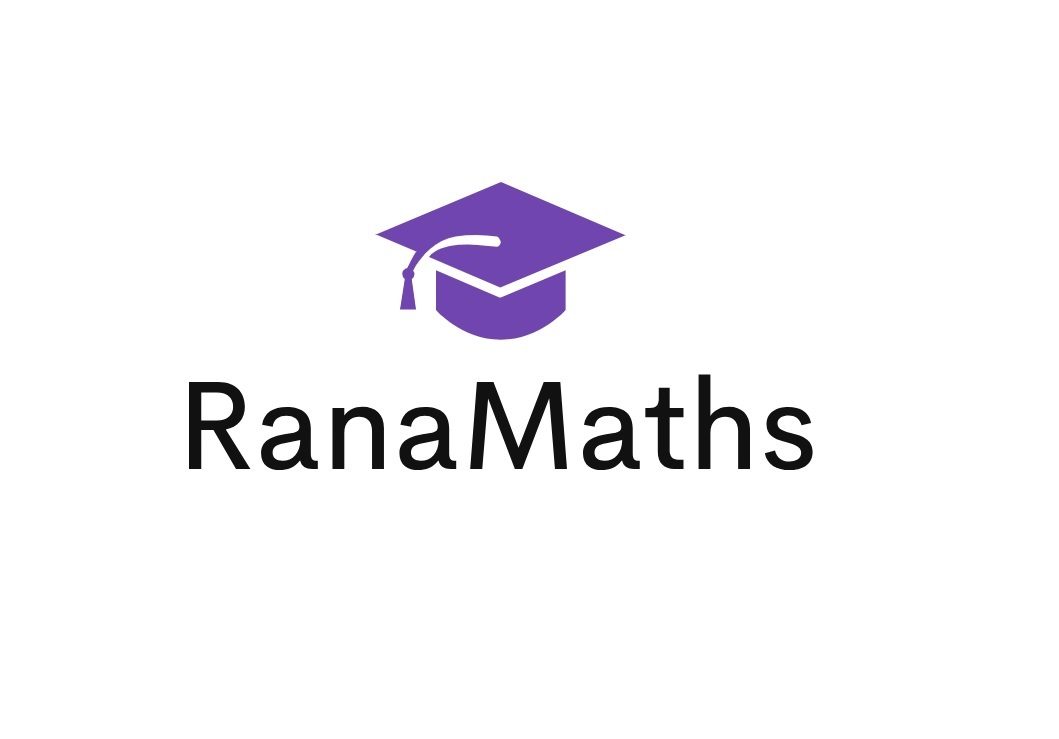Abstract Linear Algebra Notes for BS/MSc
Abstract linear algebra, often referred to as advanced or abstract algebra, is a branch of mathematics that extends the concepts of linear algebra to more general algebraic structures. While traditional linear algebra primarily deals with vector spaces over fields (such as real and complex numbers), abstract linear algebra explores vector spaces over more general algebraic structures, including rings and modules.
Abstract linear algebra is a more advanced study of linear algebra that delves into abstract structures, general vector spaces, linear transformations, and abstract algebraic concepts. Below are some key topics and notes that are commonly covered in abstract linear algebra courses at the BS/MSc level:
- Vector Spaces:
- Definition of a vector space.
- Subspaces and linear independence.
- Basis and dimension of a vector space.
- Examples of vector spaces (e.g., Euclidean space, space of polynomials).
- Linear Transformations:
- Definition of linear transformations.
- Matrix representations of linear transformations.
- Kernel and image (range) of a linear transformation.
- Isomorphisms between vector spaces.
- Linear Operators:
- Operators on vector spaces.
- Eigenvectors and eigenvalues.
- Diagonalization of linear operators.
- Cayley-Hamilton theorem.
- Inner Product Spaces:
- Inner product and norm.
- Orthogonality and orthonormal bases.
- Gram-Schmidt process.
- Orthogonal complements and projections.
- Orthogonal Diagonalization:
- Diagonalization of symmetric matrices.
- Positive definite matrices.
- Spectral theorem for symmetric matrices.
- Dual Spaces:
- Definition of dual spaces.
- Annihilators and the double dual.
- Canonical isomorphism between a vector space and its double dual.
- Bilinear Forms and Quadratic Forms:
- Bilinear forms and their matrices.
- Symmetric and skew-symmetric forms.
- Quadratic forms and their diagonalization.
Spectral Theory:
- Spectral decomposition of normal operators.
- Singular value decomposition.
- Jordan canonical form.
- Canonical Forms:
- Jordan canonical form.
- Rational canonical form.
- Smith normal form.
- Tensor Products:
- Definition and properties of tensor products.
- Multilinear maps and tensor algebra.
- Tensor products of vector spaces.
- Homological Algebra:
- Introduction to homomorphisms and kernels.
- Exact sequences.
- Homology and cohomology.
- Category Theory and Linear Algebra:
- Basic concepts of category theory.
- Vector spaces as categories.
- Functors and natural transformations.
These topics extend and generalize the concepts introduced in elementary linear algebra and provide a more abstract and theoretical understanding of linear structures. Students often gain insight into the broader connections between linear algebra and other areas of mathematics through abstract linear algebra courses. Note that the specific content covered may vary between institutions and courses.
Abstract Linear Algebra Notes for BS/MSc
Keep visiting our website www.RanaMaths.com
